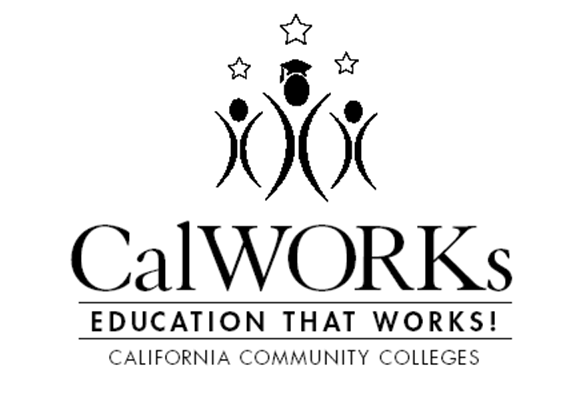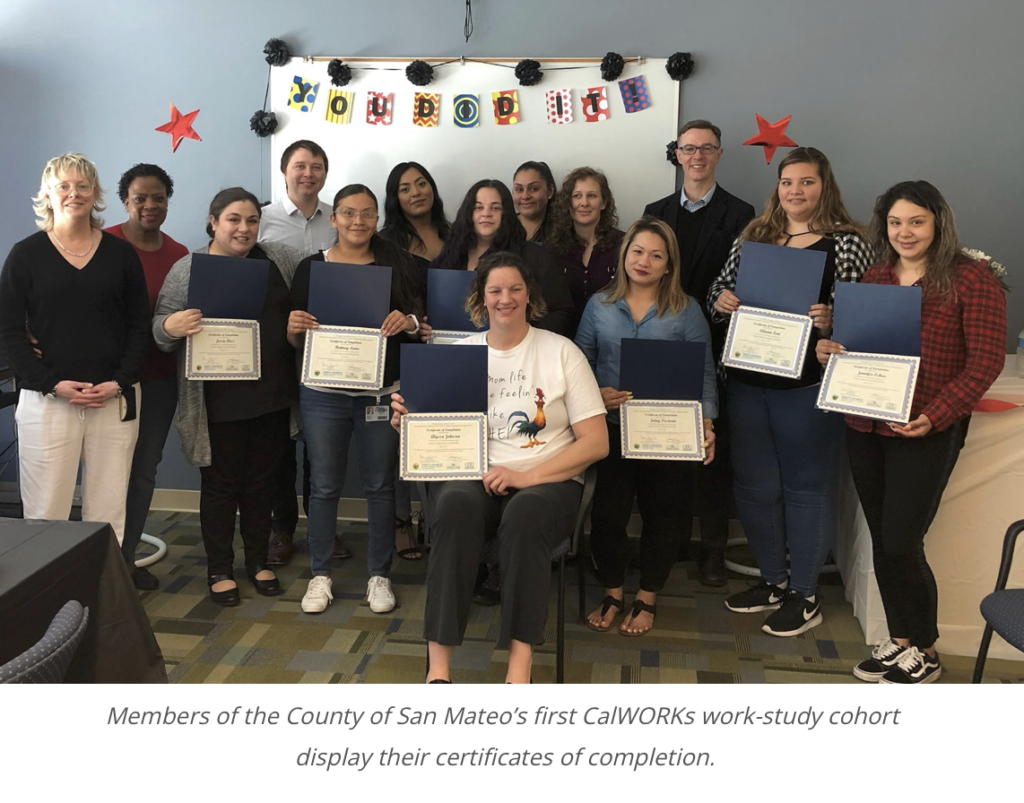 The workforce training units within California Community Colleges provide customized training and consulting services that meet the needs of local and regional employers. The units also play a significant role in creating equitable access for California’s underrepresented groups, such as BIPOC (Black, Indigenous, People of Color) and other disproportionately impacted groups. That includes individuals with disabilities, current or former foster youth, the homeless populations, undocumented residents – and any other group that faces challenges to reaching their educational and career goals.
The workforce training units within California Community Colleges provide customized training and consulting services that meet the needs of local and regional employers. The units also play a significant role in creating equitable access for California’s underrepresented groups, such as BIPOC (Black, Indigenous, People of Color) and other disproportionately impacted groups. That includes individuals with disabilities, current or former foster youth, the homeless populations, undocumented residents – and any other group that faces challenges to reaching their educational and career goals.
In this blog article, we highlight the CalWORKs partnership between the San Mateo Community College District and the County of San Mateo that is creating equity and opportunities for individuals who may not otherwise have a chance to access education and training needed to achieve long-term self-sufficiency.
A Unique Partnership That Changes Lives
Jennifer Rogers, CalWORKs and CalFresh employment manager for the County of San Mateo’s Human Services, had a kernel of an idea two years ago when she approached Jonathan Bissell. It had to do with helping participants of the County’s CalWORKs program, which provides temporary cash assistance to low-income families with children, along with services to help them find and keep a job.
Bissell oversees CCCE Corporate Training Solutions, the San Mateo Community College District’s workforce training unit, and had worked with Rogers five years earlier to provide not-for-credit soft skills and computer training for participants of CalWORKs and other programs. This time, Rogers had for-credit college courses in mind for CalWORKs participants, and she wanted it to be a component of a work-study program.
Rogers recalls how she and Bissell gathered around a white board to brainstorm together about how to use the workforce training unit’s fee-for-service model as a vehicle to bring the idea to life and, as Bissell describes it, “to create equitable access that wouldn’t otherwise exist.”
“Jonathan is the most amazing thought partner,” Rogers said. “He truly takes the time to understand your circumstances. He never approaches anything as impossible. I think it’s a unique partnership and working with him and his team has changed the lives of a lot of families.”
‘We’re Dreaming Big for You’
“These adult students, who are primarily women, are dealing with very serious life issues. For them to have the cohort to go through this with and stay strong for one another has really given the confidence and the skills they need to be successful. It’s become a support network for them.”
 The work-study program launched in spring 2019, with a cohort of 17 CalWORKs participants.
The work-study program launched in spring 2019, with a cohort of 17 CalWORKs participants.
Program participants work four days a week in a paid job. On Fridays, they take a for-credit college course with other CalWORKs participants. Bissell’s team works with Cañada College to provide course instruction and academic support for the two-semester program, while the County provides wraparound services, such as those related to food and housing, needed to stabilize participants and help them meet their goals. In the first cohort of students, 43% of the program participants were enrolled in family stabilization services, which are intensive or crisis case-management services. Cohorts take CRER 137, a career and personal development course that melds preparation for life, work and academics, in the first semester, and in the second semester, English 105. The classes provide transfer credits and typically draw 13-18 participants each, Bissell said.
“It’s the best of many worlds really,” he said. “You get access to a college education, for people who otherwise wouldn’t have the means to do it, and you have a support network that gets built as a cohort. You get the wraparound services and a teacher who’s focused just on you to help you navigate this college experience. It’s really powerful.”
While it is more common for workforce training to be delivered on a not-for-credit basis, the California Education Code allows CE to be delivered as for-credit courses. However, for-credit courses must be taught by a faculty of record, versus instructional trainers who are subject-matter experts commonly contracted to deliver contract education training. And, Bissell says, for the program to be a success, it needs internal champions who see the value in utilizing contract education to create opportunities for underserved communities. Also, for-credit closed cohort courses offered through contract education are not factored into state funding calculations, so no apportionment is generated.
Rogers said the first cohort of participants bonded and became like a family unit, providing one another support along the way and sharing in similar struggles. The program has been a source of empowerment for participants, giving them the confidence they need to continue on the path to self-sufficiency, with the County and the college’s workforce training units as partners in their journey.
“We’re not here necessarily to tell you what to do, we’re here to support you,” Rogers said. “We’re here for you. We’re dreaming big for you.”
The program is not without its challenges. Along the way, there have been issues with attendance, computer and Wi-Fi access and completion of assignments, but Bissell and Rogers work together to find solutions. For example, when COVID-19 hit and instruction moved online, they pushed the start date for the spring 2020 semester back by a week to give the County time to get laptops and secure Wi-Fi access for program participants, some of whom participated from a shelter.
“It’s made a tremendous difference for them to go through this together,” Bissell said. “These adult students, who are primarily women, are dealing with very serious life issues. For them to have the cohort to go through this with and stay strong for one another has really given the confidence and the skills they need to be successful. It’s become a support network for them.”
Work-Study Program Supports Economic Development for Individuals and Communities
The program defines success by the percentage of participants who find a job or go on to continue their education. In that first cohort of participants, in spring 2019, 86% of participants completed/graduated from the program, and 79% of those continued to the next semester. In the spring 2020 cohort, 38% of participants obtained employment, and 80% were considered job-ready at the end of the semester.
The work-study program has gone so well, Rogers said, that what started as an initiative has become a full-fledged program. She is at work designing another program that builds on the work-study program, this one for people who are not quite ready for work-study but could be with some preparation and help to “think big” about their future. The course would help build confidence and soft skills to prepare participants for the CalWORKs work-study program.
At the end of each semester, the County holds a ceremony for participants of the work-study program. Rogers said listening to the students share their stories and what the program did for them brings tears to many eyes. In addition to changing lives and bringing hope to its participants, the work-study program is benefitting the region and the state in that is also serves as an economic developer, Bissell said.
“If you can empower a population that has not been empowered before, then you are really supporting economic development for those individuals and for your community,” he said.
###
About UpSkill California
The UpSkill California consortium is composed of more than 30 California Community Colleges that deliver customized employee training and workplace education via Workforce Training & Development Centers (WTDC). The Centers receive support from the Employment Training Panel (ETP)—a state agency that provides funding to employers to assist in upgrading the skills of their workers through training. ETP funding helps off-set the costs of job skills training necessary to maintain high-performance workplaces.
To help businesses manage and administer the complexities of ETP contracts, several of our college members are designated as Multiple Employment Contract (MEC) holders. Those colleges also assist other consortium members in procuring ETP contracts for their clients, thus expanding the geographic area served by ETP. Colleges that are MECs are identified in the list below. Non-designated colleges subcontract with MEC colleges to procure ETP funding for their clients.
Find the Workforce Training & Development Center in your region.


Comments are closed.